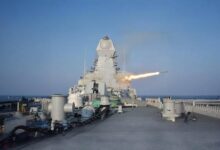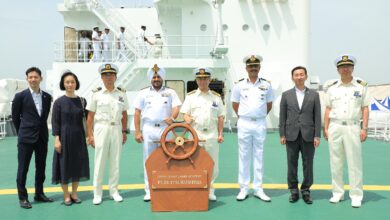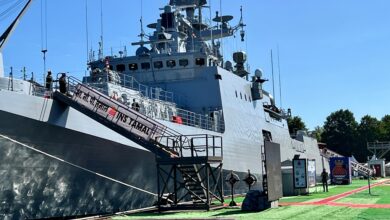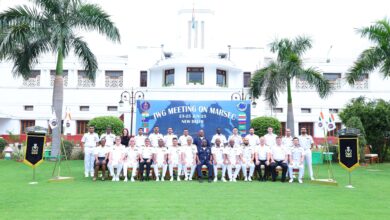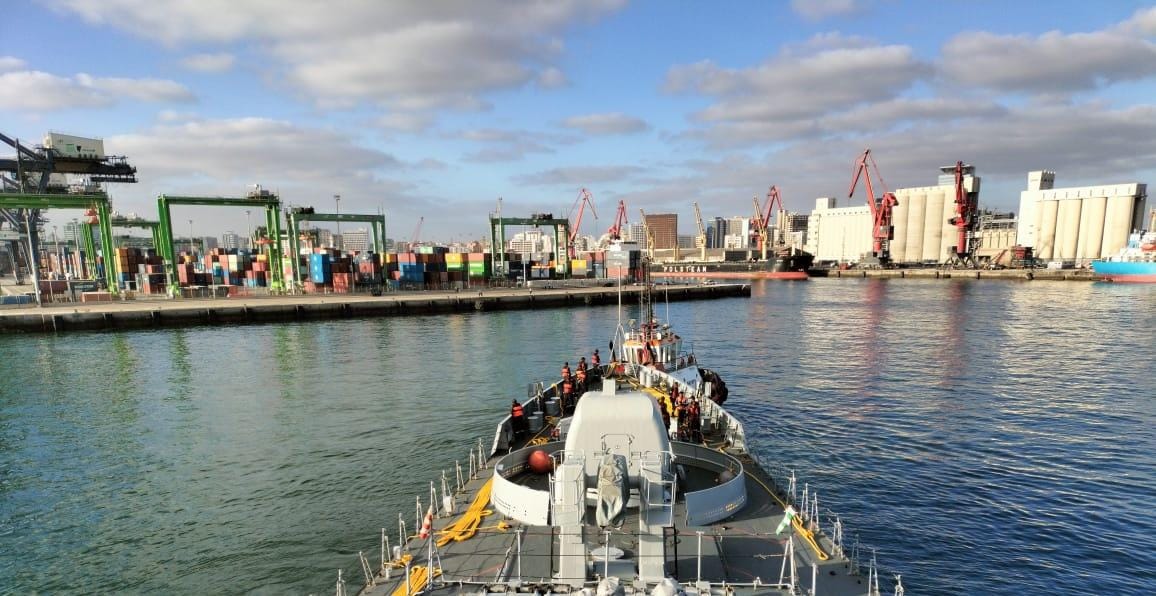NSA Ajit Doval suggests jointness among Central Armed Police Forces
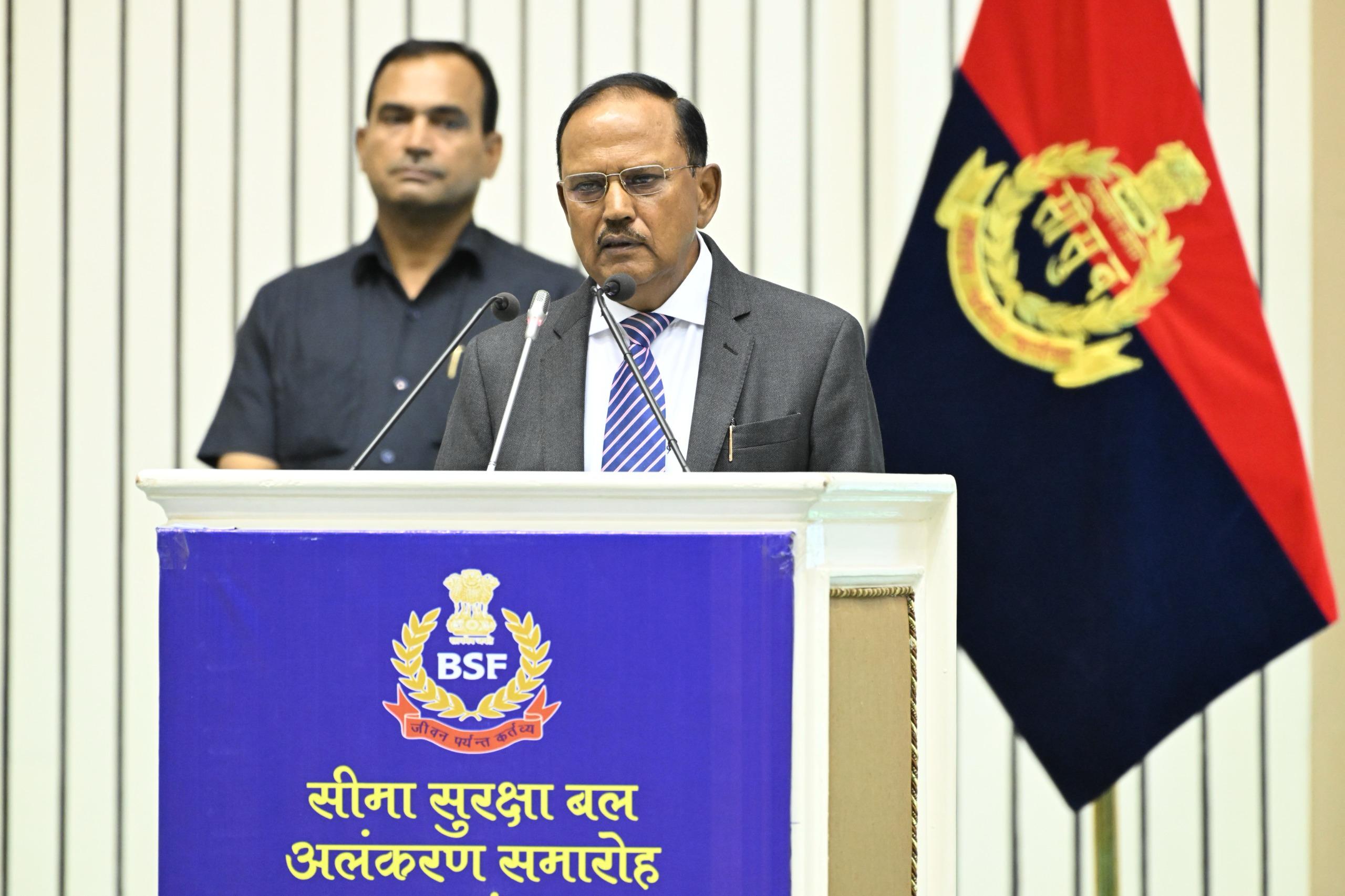
In a significant move aimed at enhancing the operational efficiency and synergy among India’s Central Armed Police Forces (CAPFs), National Security Advisor (NSA) Ajit Doval has put forth a proposal emphasizing the importance of “jointness.” This proposal underscores the need for greater coordination and unified command structures among the various CAPFs, which include the Central Reserve Police Force (CRPF), Border Security Force (BSF), Indo-Tibetan Border Police (ITBP), Central Industrial Security Force (CISF), and Sashastra Seema Bal (SSB).
While delivering the Rustamji Memorial Lecture organised by the Border Security Force (BSF) NSA Ajit Doval said.
“In defence forces, they are thinking of theatre commands… joint command of the theatre, where one officer from the Air Force is probably controlling Army and Navy units for the domain,”.
India’s security landscape is complex and multifaceted, with CAPFs playing a critical role in maintaining internal security, border management, and handling various law and order situations. Historically, these forces have operated under different command structures and have had varying operational protocols, leading to occasional overlaps, redundancies, and inefficiencies.
Unified command and integrated operations would lead to more efficient and effective responses to security challenges. Sharing resources and infrastructure would lead to significant cost savings and better allocation of assets. Joint training and exercises would build trust and understanding among the different forces, fostering a spirit of teamwork.
NSA Doval’s call for jointness is rooted in the recognition that contemporary security challenges require a more integrated and cohesive approach. This includes seamless sharing of intelligence, coordinated operational planning, and mutual support during critical missions. The proposal aims to break down the silos that currently exist among the CAPFs and foster a culture of cooperation and collaboration.
Security experts believes, while the proposal for jointness is promising, its implementation may face challenges. These include resistance to change from within the forces, bureaucratic hurdles, and the need for significant logistical adjustments. Overcoming these challenges will require strong leadership, clear policy directives, and a commitment to change from all stakeholders involved.
NSA Doval’s suggestion for greater jointness among the CAPFs marks a forward-thinking approach to national security. By fostering a more integrated and cohesive operational framework, India can better address the evolving security threats and ensure the safety and stability of the nation.


